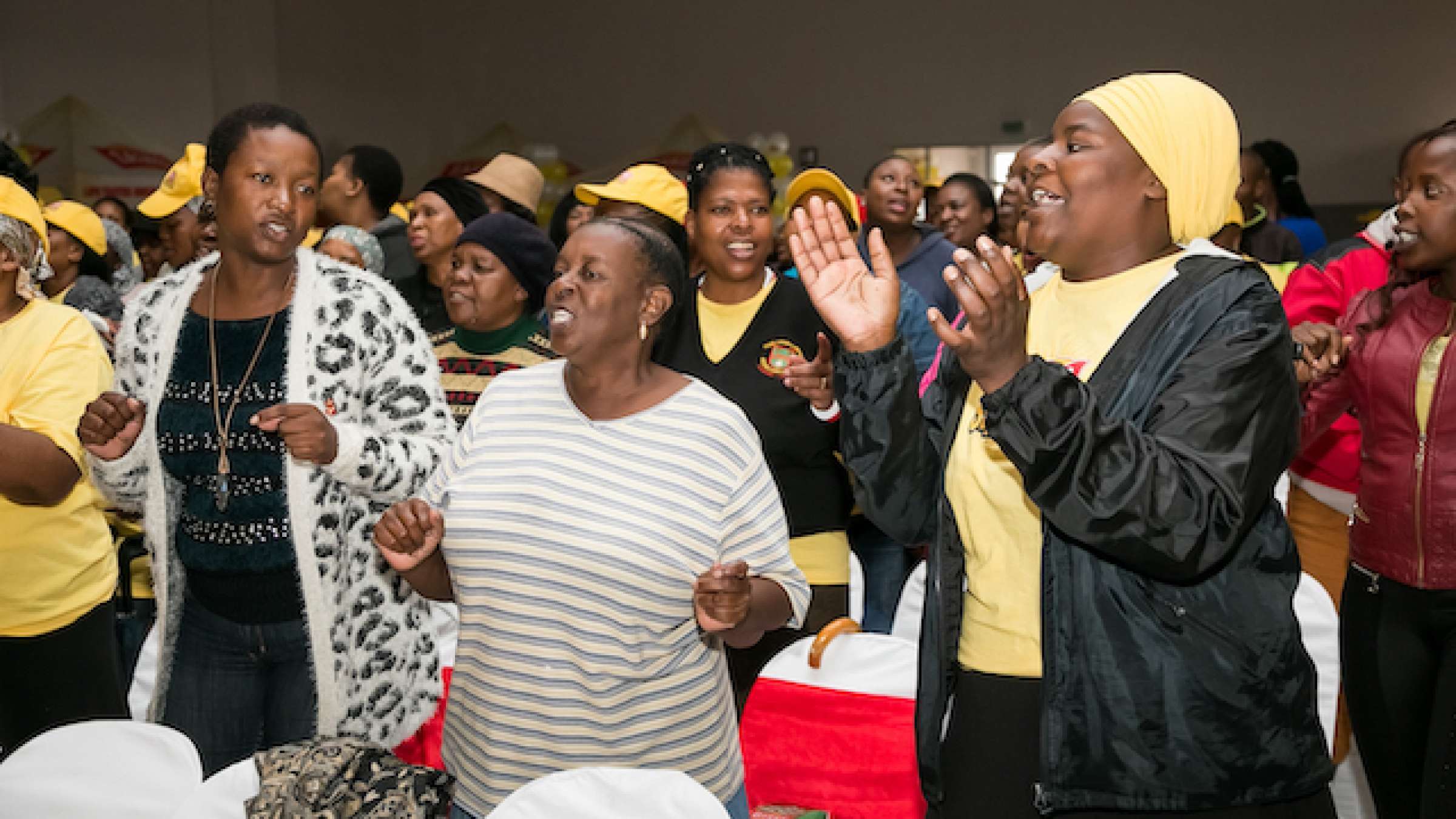Disaster Governance - Engagement of Stakeholder in National Disaster Risk Reduction
A key element of good governance is effective preparation. The protection of lives and livelihoods is a vital responsibility and central to a prevention agenda. This requires building consensus among all members of society to know and understand their particular roles and responsibilities. An inclusive, participatory process is required, and there are demonstrated success stories from which we can learn.
In this session we aim to look at a few examples and understand the forces which lead to the success of effective and inclusive processes, the factors which limit the impact, and what can be shared as others also seek to benefit from increasingly diverse participation.
Session objectives
- Share experiences, good practices and lessons learned of inclusive governance in the implementation of the Sendai Framework.
- Identify elements of successful governance and inclusion that we wish to see replicated.
- Understand how previous barriers to good governance and inclusion were overcome and document those strategies.
Moderator
- Nina Birkeland, Senior Adviser on Disaster Displacement and Climate Change, Norwegian Refugee Council
Speakers
- Undersecretary (Vice Minister) Ricardo B. Jalad, Executive Director and Administrator of the Office of Civil Defense of Philippines
- Willy Missack, Climate Activist from Tanna, Vanuatu
- Nicholas Bishop, Disaster Risk Reduction Programme Officer, International Organization for Migration (IOM)
- Chris Dekki, Director, Global Advocacy and Engagement at SLOCAT Partnership on Sustainable, Low Carbon Transport
- Amal Ridene,
Young Climate Change Negotiator & Investor Engagement Officer at AfricInvest
Documents
Learn more
This session will be an interactive space for not only the panelists, but also participants to share their experiences - good and bad.
One major area that represents a perennial struggle for the United Nations is that of localization: ensuring that international policies find life and meaning at local levels. This event is meant to serve as a contribution to that wider discourse, highlighting the successes and failures from the panelists as well as the participants, in addition to the lessons learned from participants.
Where do we stand
The Sendai Framework offers a host of strategies and methodologies for bringing its content to the local level. Moreover, while the UN has a number of different agencies and institutions addressing distinct issues (climate, development, disaster, gender, etc.), we know that at the local level all of these issues merge into a holistic approach. Aspirationally, the experiences of the local level would inform the international, and vice versa - yet the degree to which this happens is largely dependent on highly varying local circumstances. With this as the broad context, we aim to learn how relationships between local actors and governments are successfully realizing the goals of Sendai. We will bring attention to the crucial links between local and national DRR management plans as highlighted by the speakers
Session guiding questions
- What is the relationship like between your local government and local actors engaged in disaster risk reduction?
- What strategies and events shaped these relationships?
- What are the strengths and weaknesses you see?
- What lessons would you wish to offer to, or learn from others on this panel?

Agenda
Location
BICC First Floor
Online access
Participation
Open to those registered for the conferenceDetails
Contact
Jekulin LIpi, [email protected]
